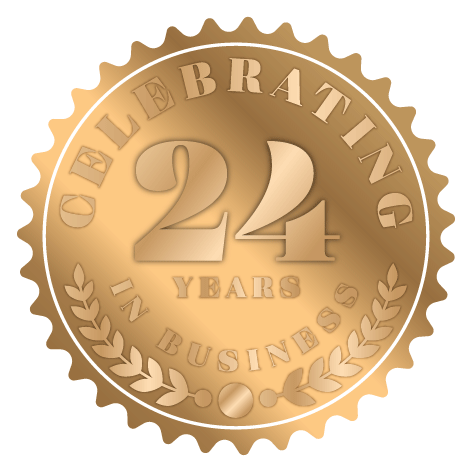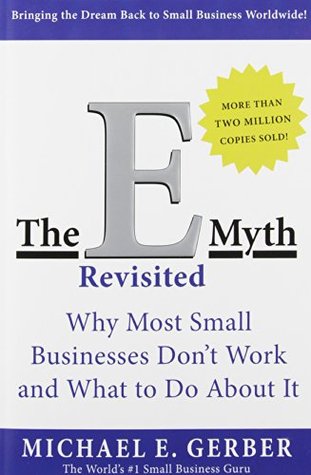A must read for business owners is The E-Myth Revisited by Michael E. Gerber. If you’ve not read it, then find a copy and make the time. It’s well worth the read.
As Michael states in his book, “if your business depends on you, then you don’t own a business – you have a job. And that’s not the purpose of going into business. The purpose of business is to get free of a job so you can create jobs for other people, to expand beyond your existing horizons and to satisfy a need in the marketplace.”
He goes on to explain how running a business and getting technical work done are two different things and outlines how you can set your business up in a way that depends much more on systems than on people, so it can basically be handed over to anyone with the right instructions.
Here are the three top lessons from the book.
Lesson 1: Having great technical skills does not mean you know how to run a business.
Being a great baker, painter or coffee maker, does not make you good at running a business in that industry. These are two entirely different things.
Once you start a business, you’re not just the person doing the technical work, all of a sudden you’re also the CEO, CFO, CMO, and a whole bunch of other things.
You have to get customers, track and manage finances, create marketing material, answer customer requests, set a strategy, and, and, and…
Lesson 2: Think of your business as a national franchise, then start with one store.
If you plan your business as a nationwide franchise from day one, you’ll end up systematising everything as soon as you get a handle on things, which will then allow you to remove and replace yourself from that particular job and sustainably grow the business.
So imagine you’re just building your first franchise store, what’s your unique value for the customers?
Maybe it’s serving the most delicious flavoured lattes in town, which all come with free cookies. You as the business owner of course know how to make those, but in a franchise you must ensure that all of your employees can make them just as well.
Therefore, you should come up with detailed how-to manuals, which you can then use to train your first employee! Taking it a step further, you will eventually also have to write a manual on how to train employees, so potential franchise owners also know how to train their staff.
Your franchise prototype, combined with a set of detailed manuals for everything, will make sure that every customer has the same experience and make your business results reliable and predictable.
Lesson 3: Build a system of systems, so your business doesn’t rely on people’s skills.
If you continue to weave the idea of systems into your business, you’ll end up with a system of systems, which seamlessly work together.
That means you can then go and change individual parts of each system, as long as you consider the effects on the other systems.
Three kinds of systems will make up your business.
- Hard systems – inanimate objects like your coffee machine.
- Soft systems – ideas and living things, like your free cookie policy or the work attitude of your employees.
- Information systems – training materials and manuals, and the data you collect, for example how many customers order lattes vs. cappuccinos.
Buying a new coffee machine will of course affect the other parts, for example your employees might not like it as much as the old one and therefore make worse lattes, so customers end up ordering more cappuccinos.
Instead of doing all the work yourself, it now becomes your job to make sure the systems run smoothly together, which will also help you make sure your future franchisees are successful in running their own cafés!


